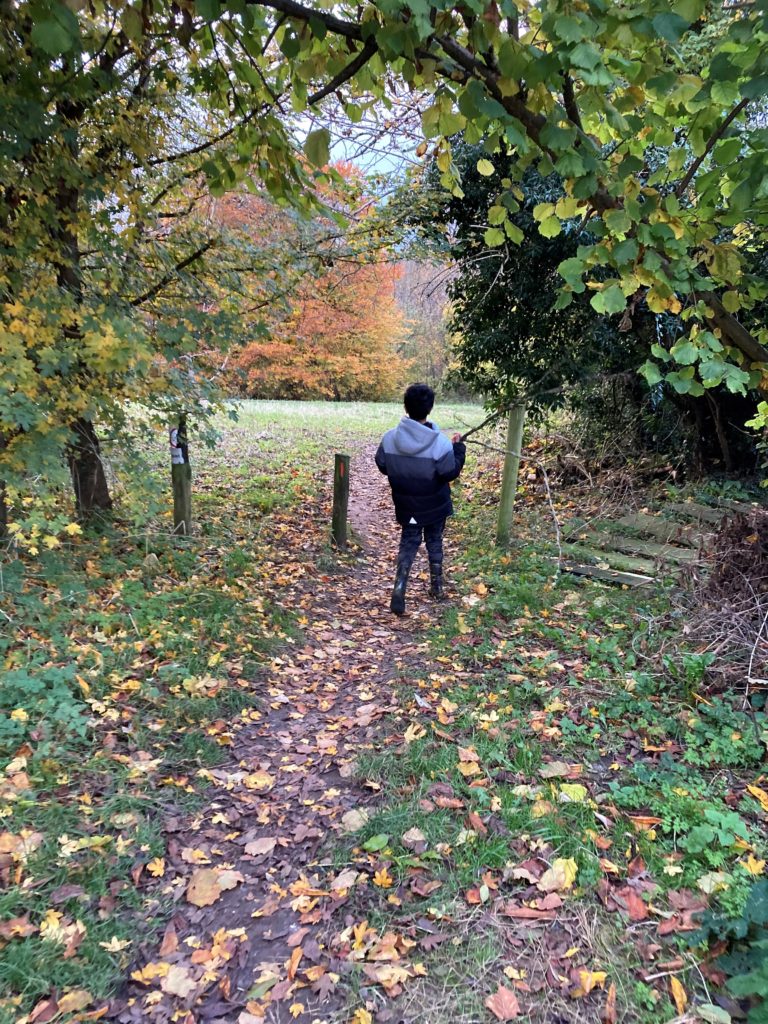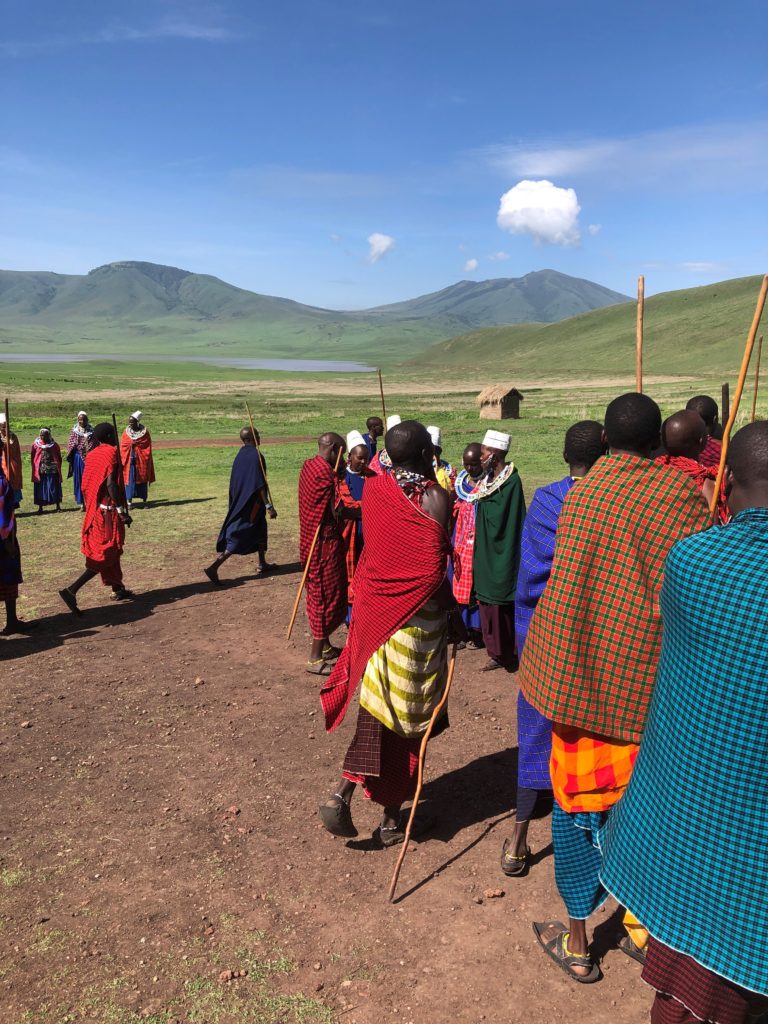This year the theme set out by UNESCO for the International Day of Education (24th January) echoes the work we have been focusing on as a university. The notion of ‘Changing Course, Transforming Education’ rings true in the drive to put climate education front and centre in our provision as researchers and educators. Climate change is the defining problem of our time, and we see it as our collective responsibility to empower future generations to build a more sustainable future.

Education drives all aspects of our lives; it transforms how we see ourselves and the personal and collective impact we make on society. The pandemic has shown us how fragile societal structures are and that they can crumble in a heartbeat! The impact of the pandemic has been significant in educational opportunities on a national and global level. Dovetailed with this, we are seeing increasing stories from around the globe of the measurable impact climate change is having on societies. The pandemic and the climate crisis cannot be seen in siloes as they both intrinsically link to the way we have treated the planet over the past decades.
The University’s Climate Education Summit, which took place on 15th September 2021, aimed to and delivered a platform to bring the education and climate science community together to take measurable steps to tackle the climate crisis by aspiring to develop quality climate education. The University’s National Climate Education Action Plan is ambitious but to make the changes to combat the impact of climate change, we must be ambitious in our approach to educating future generation of pupils and students. This drive is being led by the University embedding climate education in its Initial Teaching Training courses.

Educators are motivated to make a difference and hence the push to create opportunities for a sustainable future lies at the heart of embedding quality climate education for all. In a recent survey conducted with the primary phase pupils and teachers, there was a clear consensus from teachers on how they strive to stay informed on the climate crisis but more importantly, how they can work with and empower the next generation to crave a more sustainable future for the planet. Similarly, pupils did discuss their anxieties around the climate crisis, but they also demonstrated hope through their personal actions to build a more sustainable future for themselves and the planet. Therefore, although coverage of extreme climate events linked to climate change have created anxiety, they have also served as a ‘call for action’ by the young generation. Educators therefore must utilise this momentum to build curricular that supports this need for change. During COP26, the draft sustainability and climate change strategy by the Department for Education (DfE) was a welcome addition to the plans to transform the landscape of climate education in England.

Finally, the UNESCO report of ‘Reimagining our Futures Together’, shares a collective vision of work we must all undertake to support climate education. So, the ideas of justice, equity, human rights and opportunity are all interwoven and cannot be separated from the strive to combat the climate emergency. This work starts from individual action that ripples out to into collective change. The climate education action plan shares this vision and together we will ‘Reimagine our Future, Together’.
Dr Nasreen Majid is an Associate Professor in the Institute of Education.
